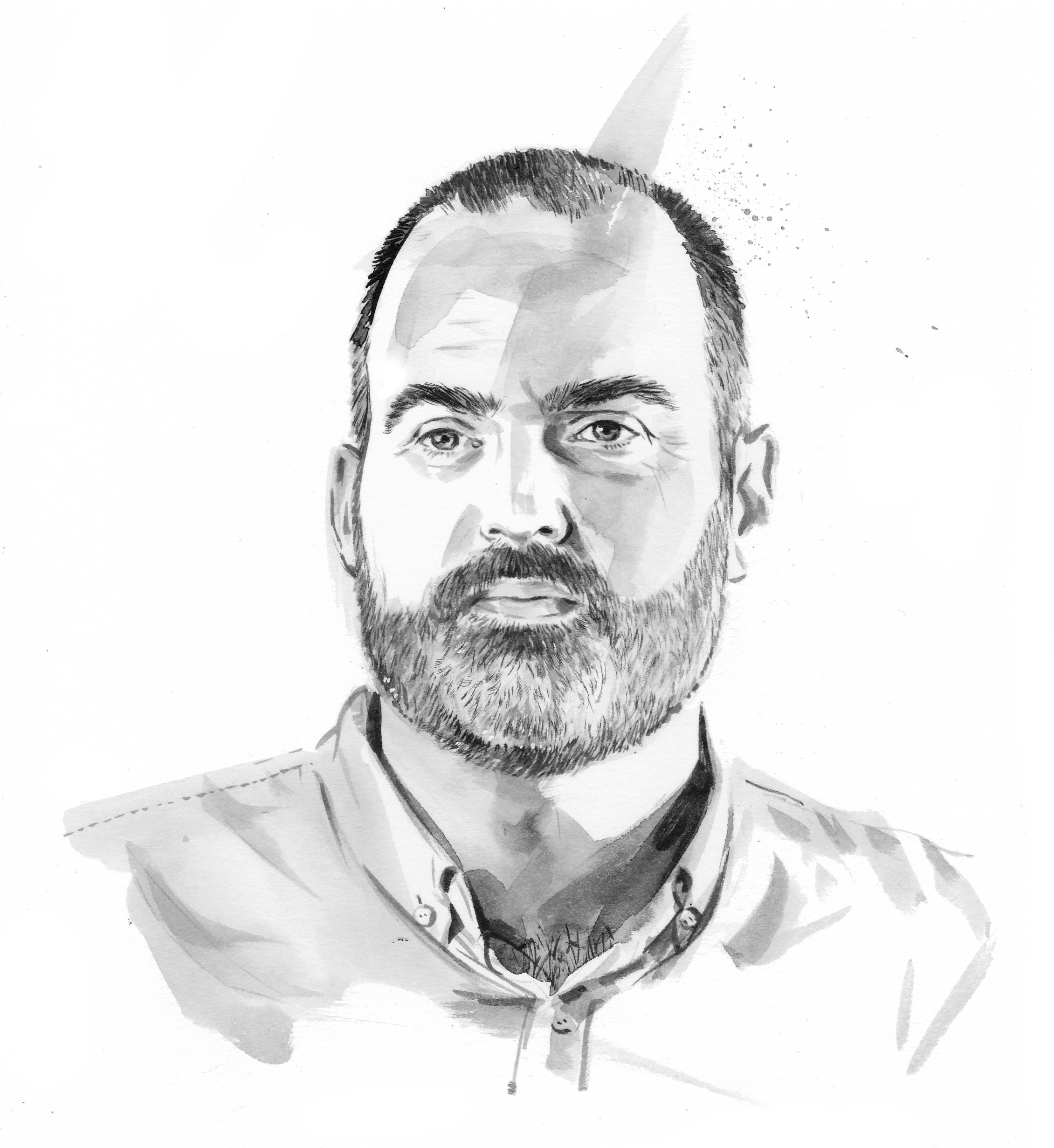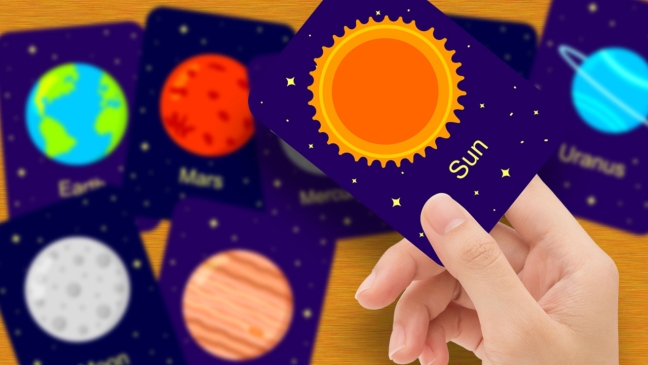There seems to be no escaping insights drawn from cognitive science in the classroom. Ideas about the use of spacing, self-testing and retrieval practice are staples of discussions in staffrooms and on training days, as well as on social media.
But are these principles actually improving teaching and learning? The jury is still out on that, in part because it is such a challenge to make cognitive science principles work in practice. Classrooms are complex, pupils are unpredictable and it isn’t easy for busy teachers to translate research into action.
Indeed, there is evidence that, even when pupils are explicitly taught principles drawn from cognitive science, along with strategies to put those principles into action, the learning fails to stick. As one 2015 study conducted by Julie Dangremond Stanton and colleagues shows, a significant proportion of university students who received instruction on how to plan and evaluate their learning failed to use the techniques they had been taught, even when they were prompted to.
For younger pupils, the challenges can be even greater. It’s not enough, for example, to do an assembly about study strategies for GCSE students and expect it to change their behaviour.
So, what can teachers do about this? Is it time to abandon our faith in cognitive science approaches?
According to research from the US, there are steps teachers can take to maximise the effectiveness of those approaches. Recognising a gap between principles and practice when coaching students in study strategies, researchers Mark McDaniel and Gilles Einstein developed a practical framework to help, which they describe in a recent study.
Their framework outlines four essential components they believe must be included when training pupils in a new strategy to sustain behaviour change: acquiring knowledge about strategies (K), belief that the strategy works (B), commitment to using the strategy (C) and planning its implementation (P).
What does that look like in practice? Let’s take the example of a GCSE science student being taught to use flashcards to support independent study. Yes, they will need knowledge of the flashcard method itself. But this alone is not enough. They also need to be convinced that using the cards will directly improve their science grade, be committed to using them and have a plan for using them in the future.
To help with this, teachers might demonstrate the effectiveness of the flashcards by charting the increase in the number of correct answers students give as a result of using the cards. They should also work with students to develop a clear plan for how often to use the strategy going forwards.
Ultimately, it’s not enough to simply laud the importance of techniques like self-testing - we also need to foster students’ beliefs, confidence and motivation around those techniques.
The KBCP framework is not a silver bullet, but it might serve, I believe, as a useful prompt to help teachers to interrogate their use of strategies drawn from cognitive science by asking themselves some key questions (see box).
Translating cognitive science principles into effective teaching is a challenge. The key to getting it right might just lie in convincing pupils that study strategies underpinned by those same principles are worth pursuing. If we can get pupils to be our partners in this work, then we have a much better chance of success.
Alex Quigley is the national content and engagement manager at the Education Endowment Foundation. He is a former teacher and author of Closing the Writing Gap, published by Routledge





